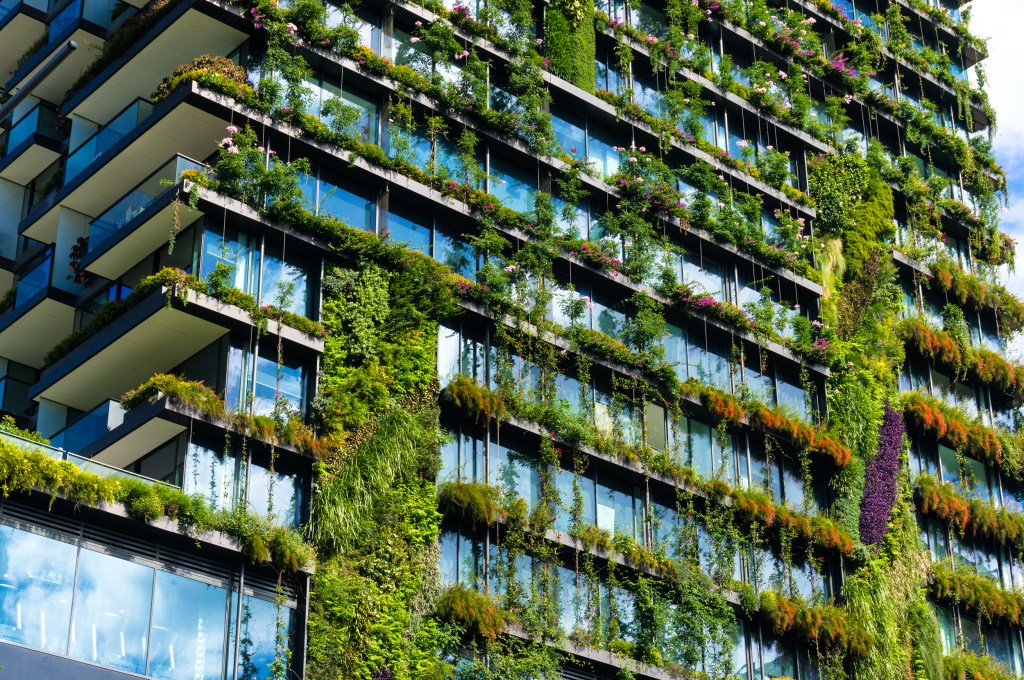Could stretch codes supercharge the green building marketplace?
To achieve the Paris Agreement targets, local jurisdictions must adopt far more aggressive energy-efficiency code requirements. Read More
Why sustainable communities must look above the street level
And how real estate developers and investors can play a role in their creation. Read More
Spider webs and succulents inspire this water-collection startup
To harvest water from the air, NexLoop seeks to pilot its AquaWeb prototypes with urban farms and greenhouses. Read More
TerraCycle, P&G partner in a love-hate relationship with trash
Takeaways from Terracycle, mad scientists of recycling, from 15 years of working with global consumer brands. Read More
Unilever, PepsiCo wash hands of 'biodegradable' plastic
Emerging evidence suggests oxo-degradable packaging could be more harmful than previously realized. Read More
3 industrial robots making operations safer, cleaner and faster
Sponsored: Meet the Cyclops, the Cobra and the Gator. Read More
Is it time to retune our mindsets?
The frame with which we approach big challenges is crucial. Read More
10 minutes with Christopher Gavigan, Honest Company
The co-founder with Jessica Alba aims to change the conversation in consumer product goods. Read More
Can upcycling really help the oceans?
Adidas, Bureo and other companies transform marine plastic into shoes and skateboards. But there is a limit to how much impact this can have. Read More
Can technology create the 'humane economy'?
A longtime vegan is betting big on food tech from Impossible Foods, Hampton Creek and Memphis Meats to save animals — and human health. Read More









